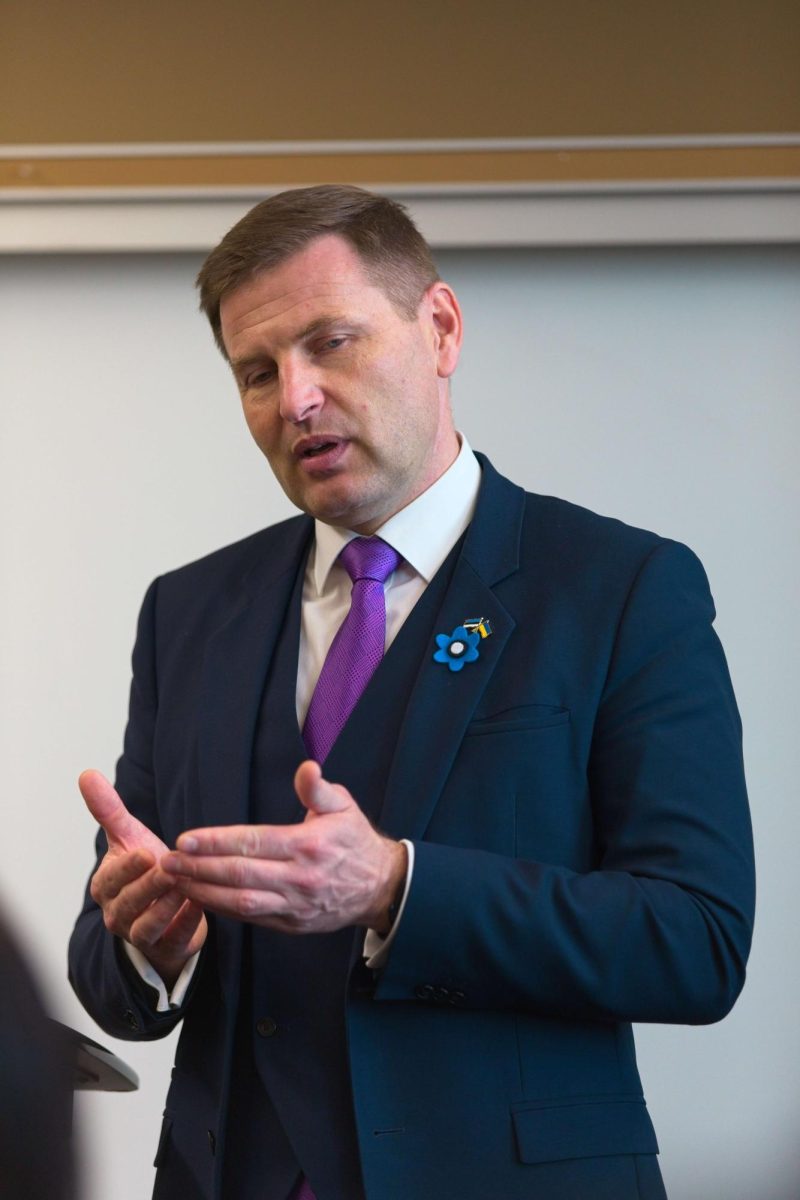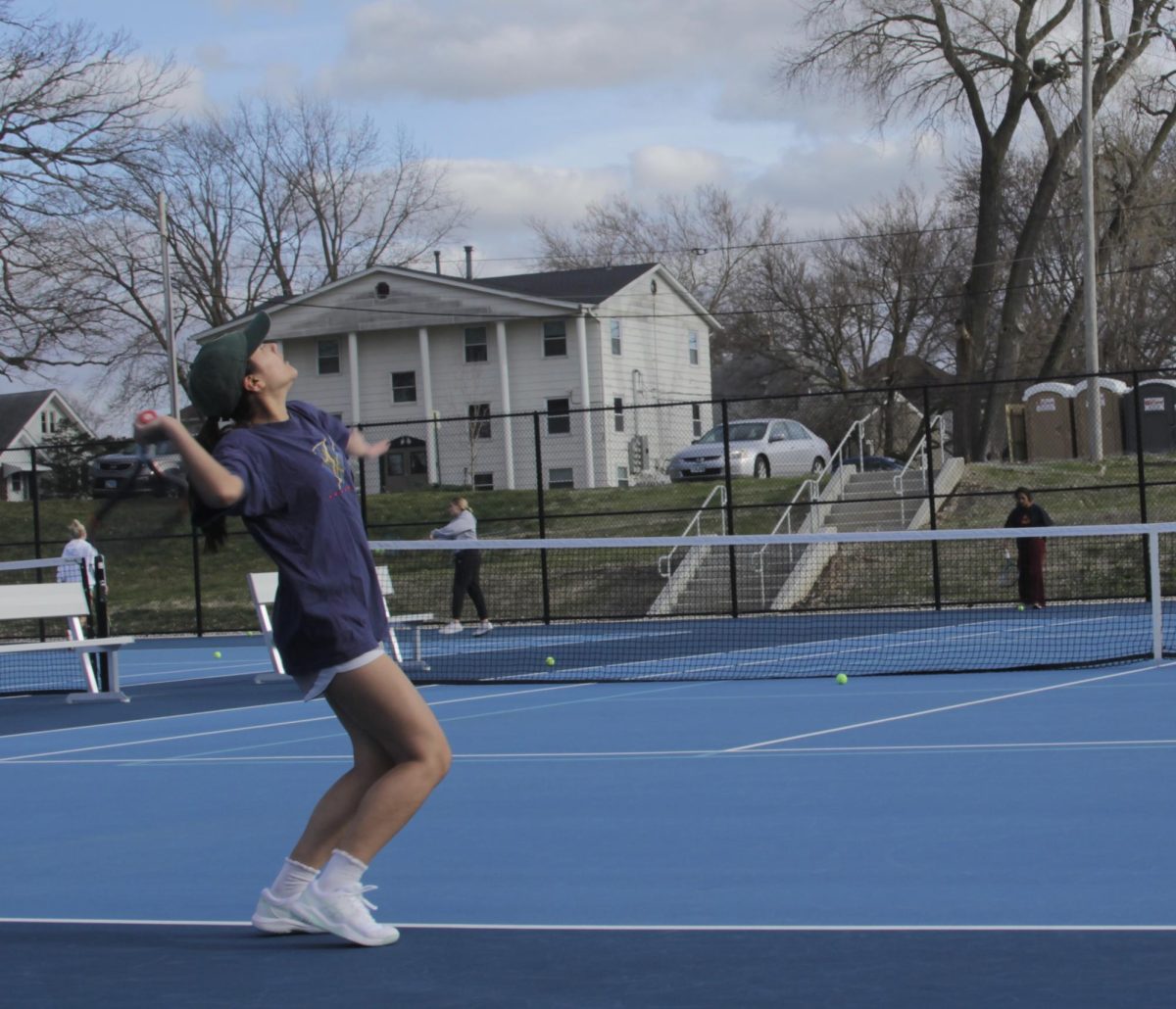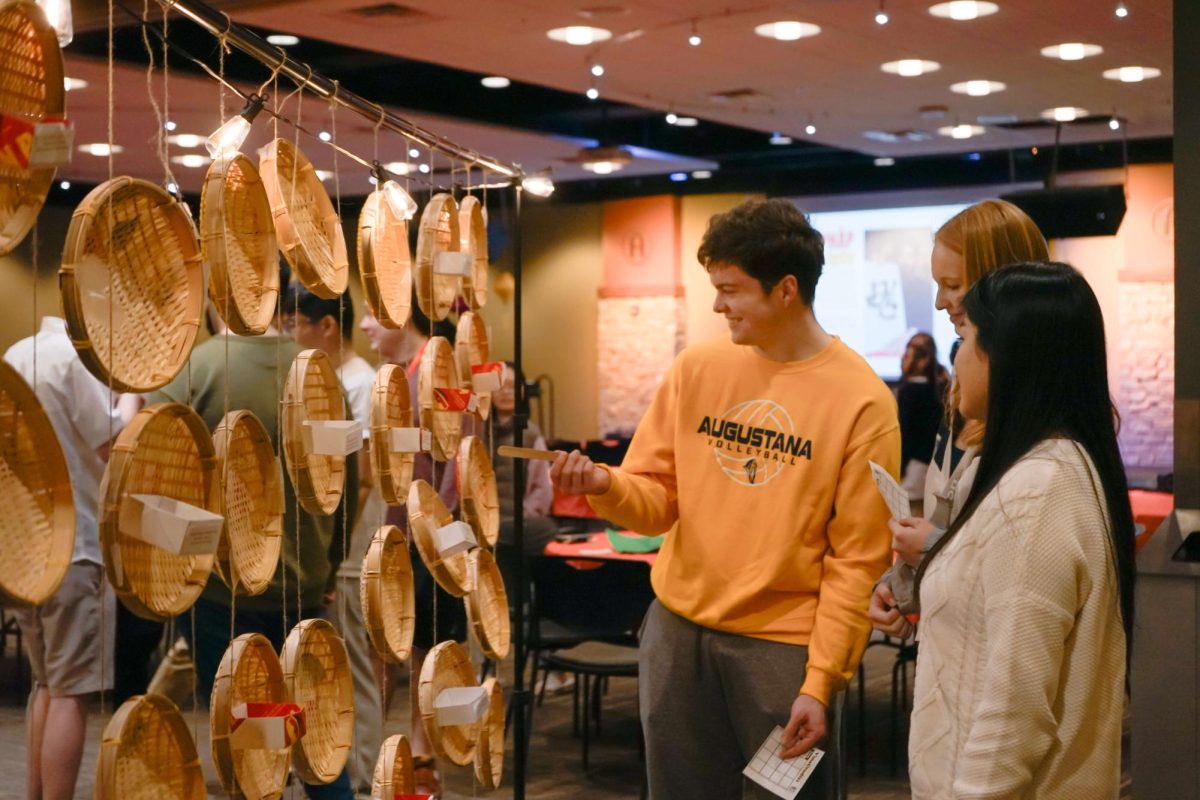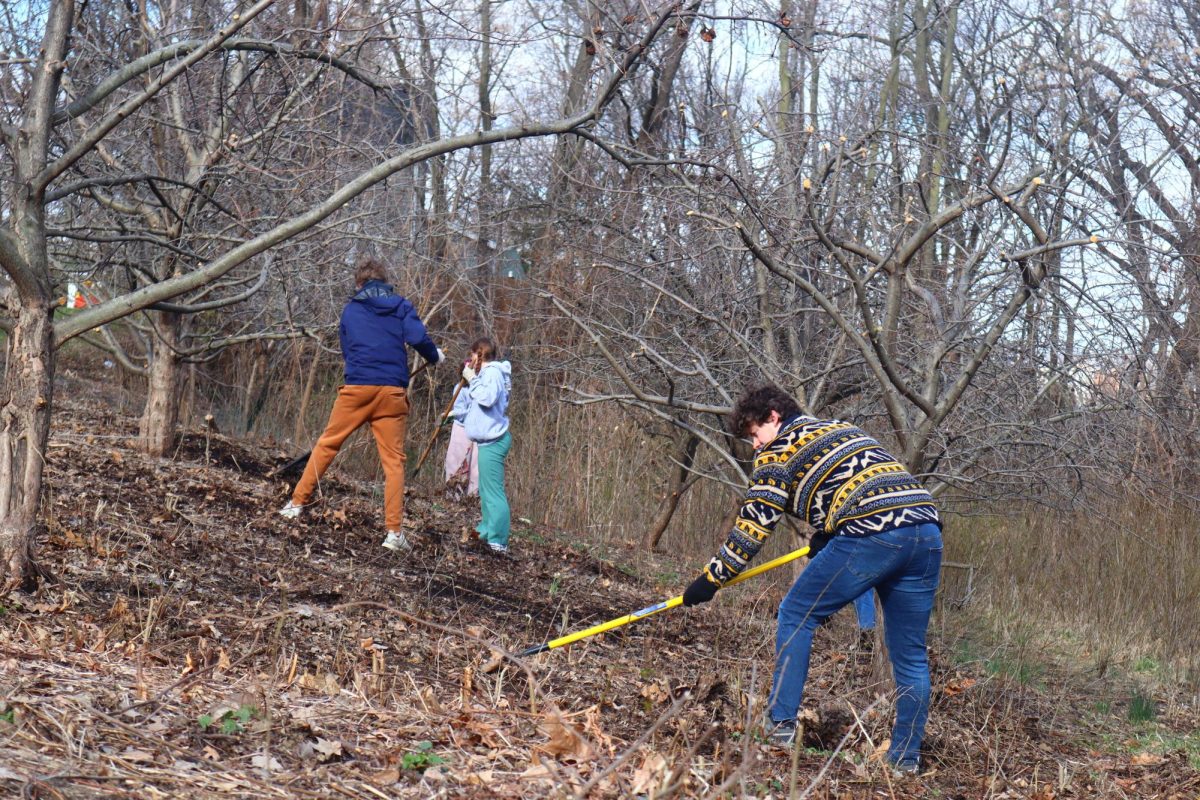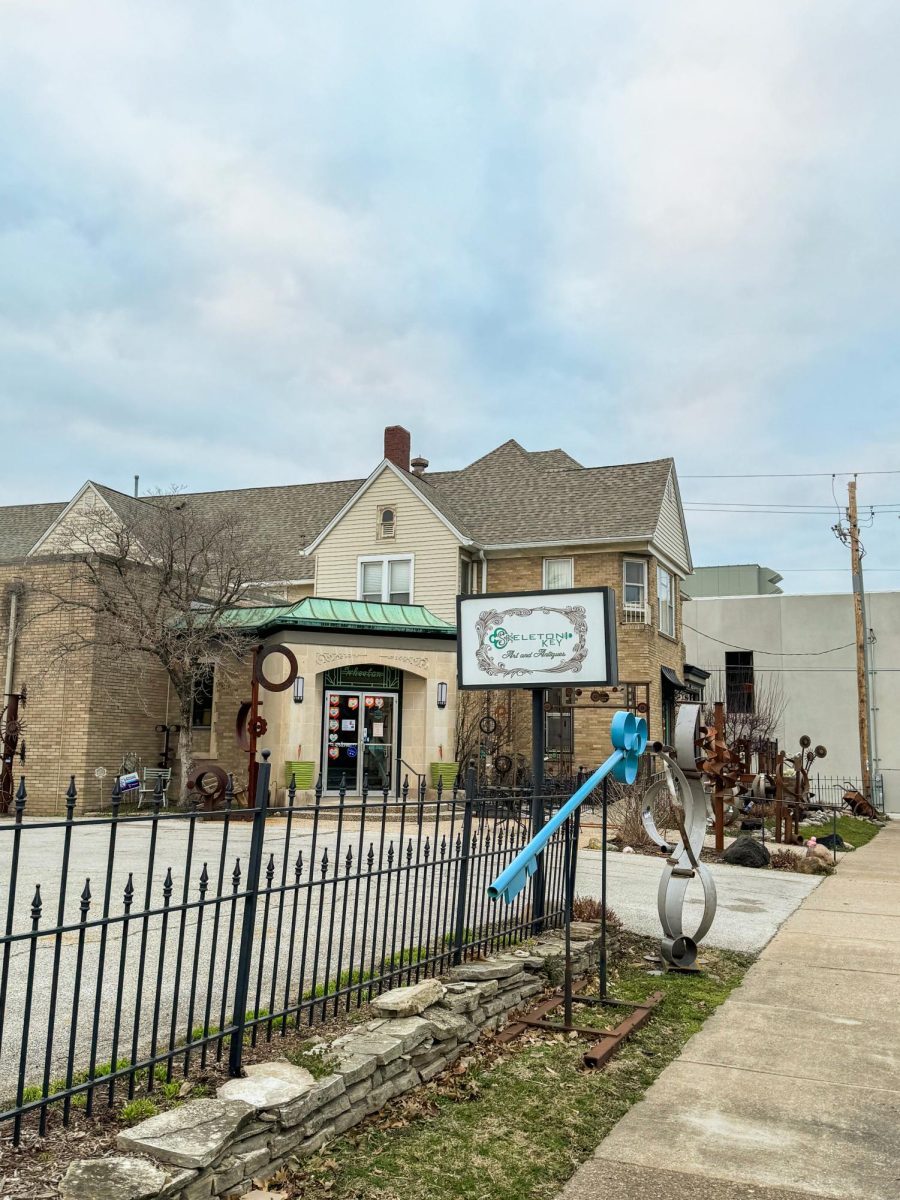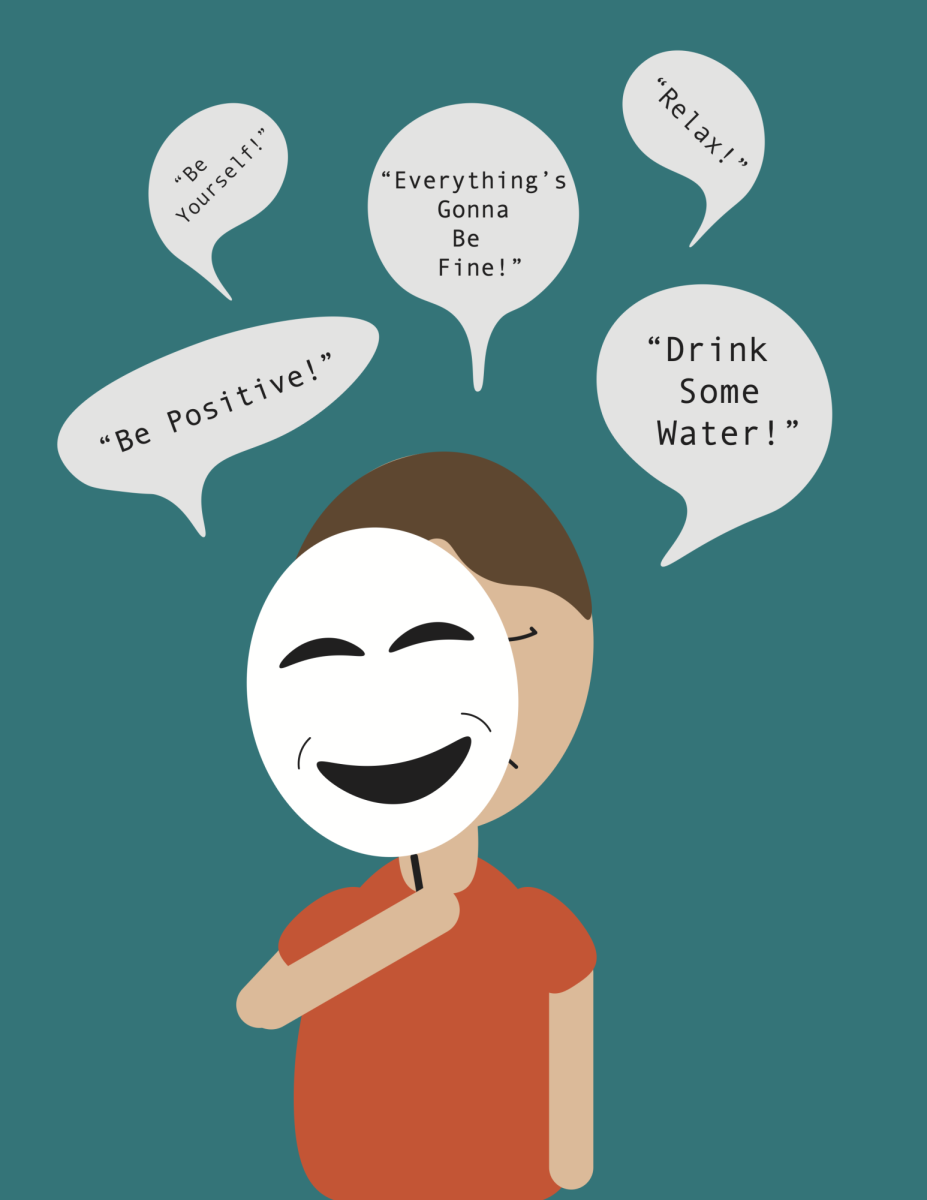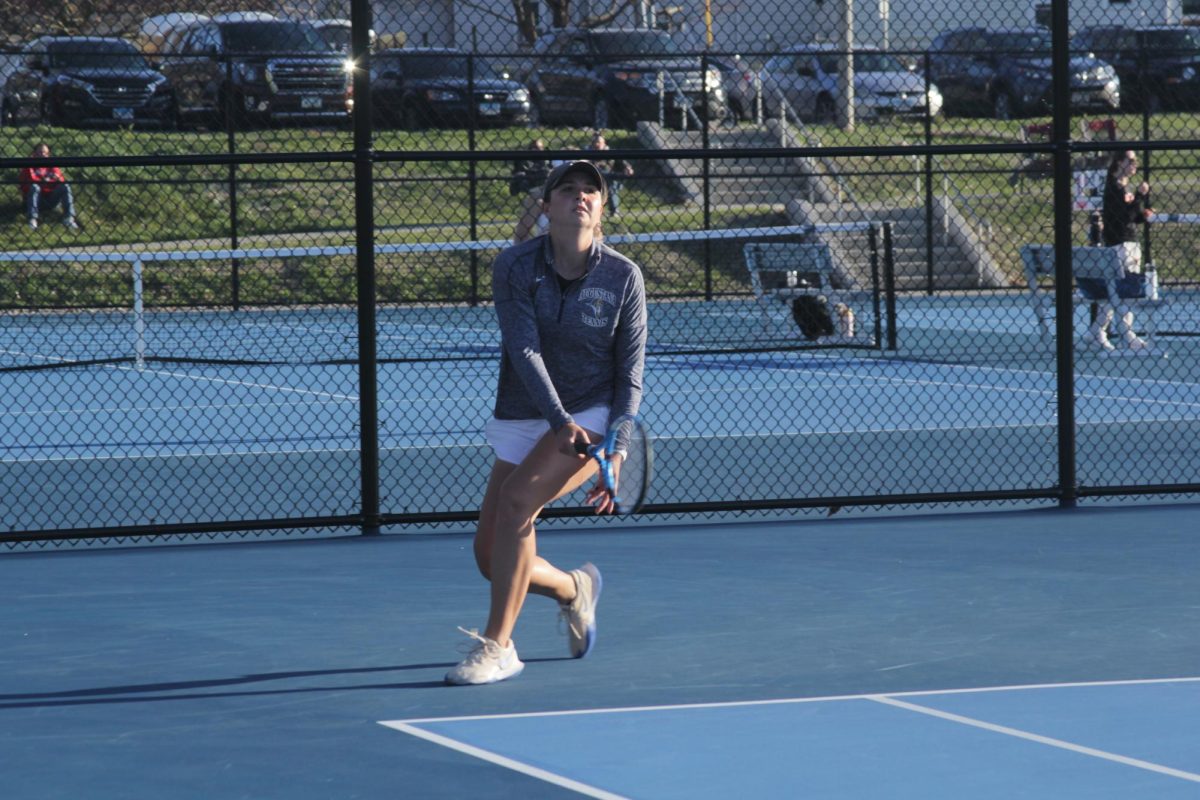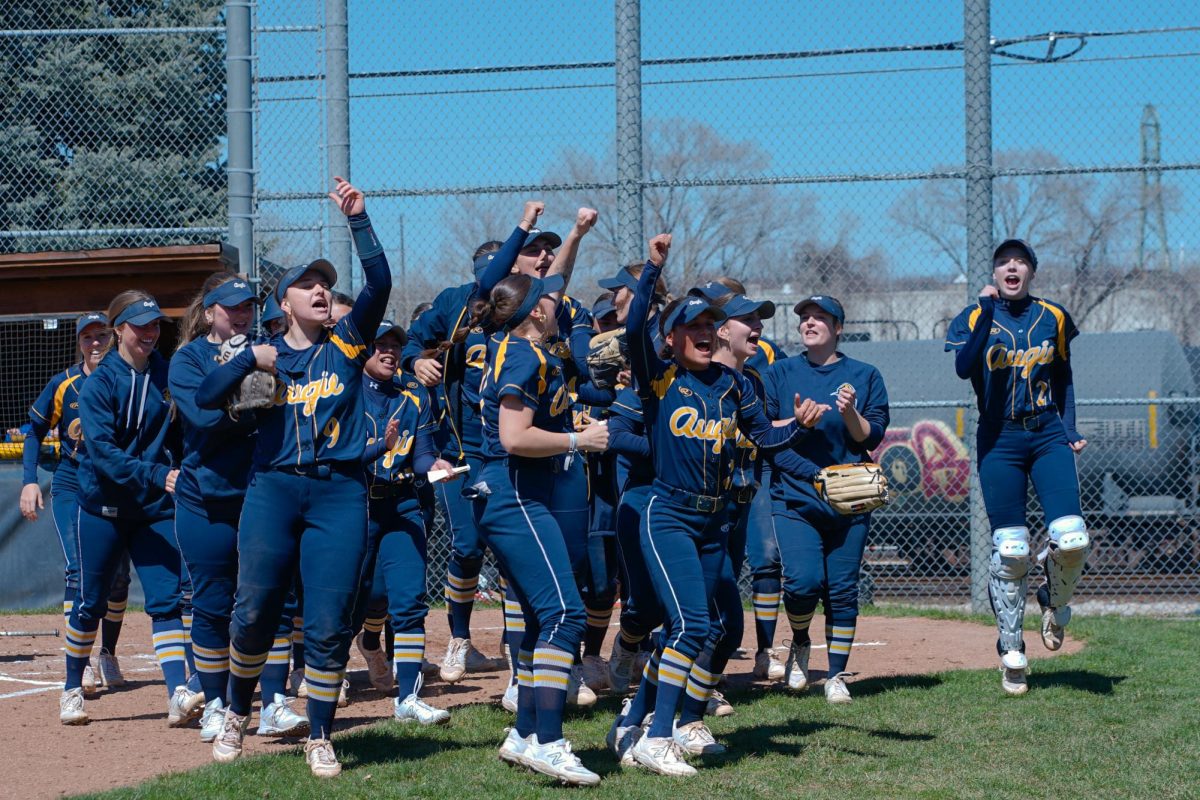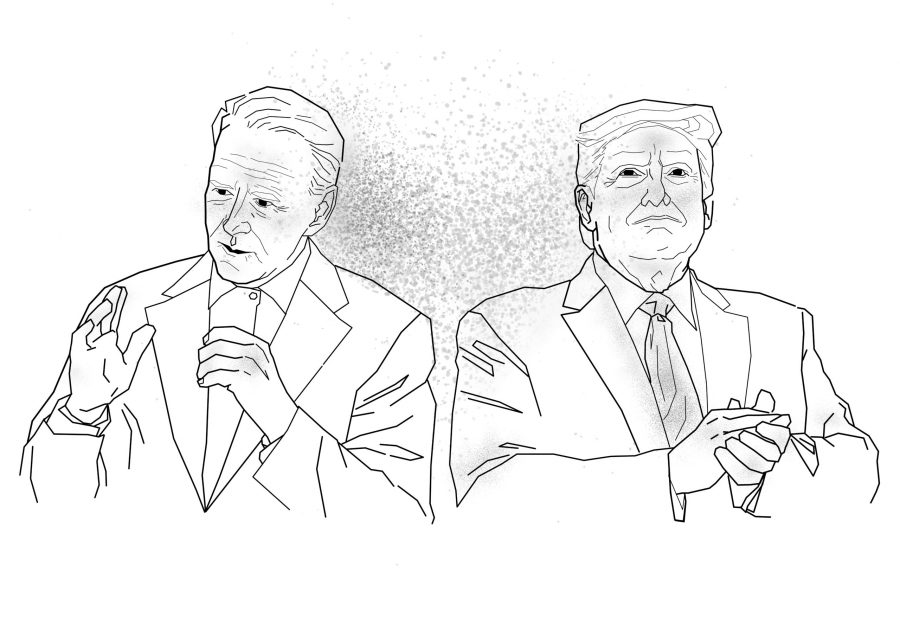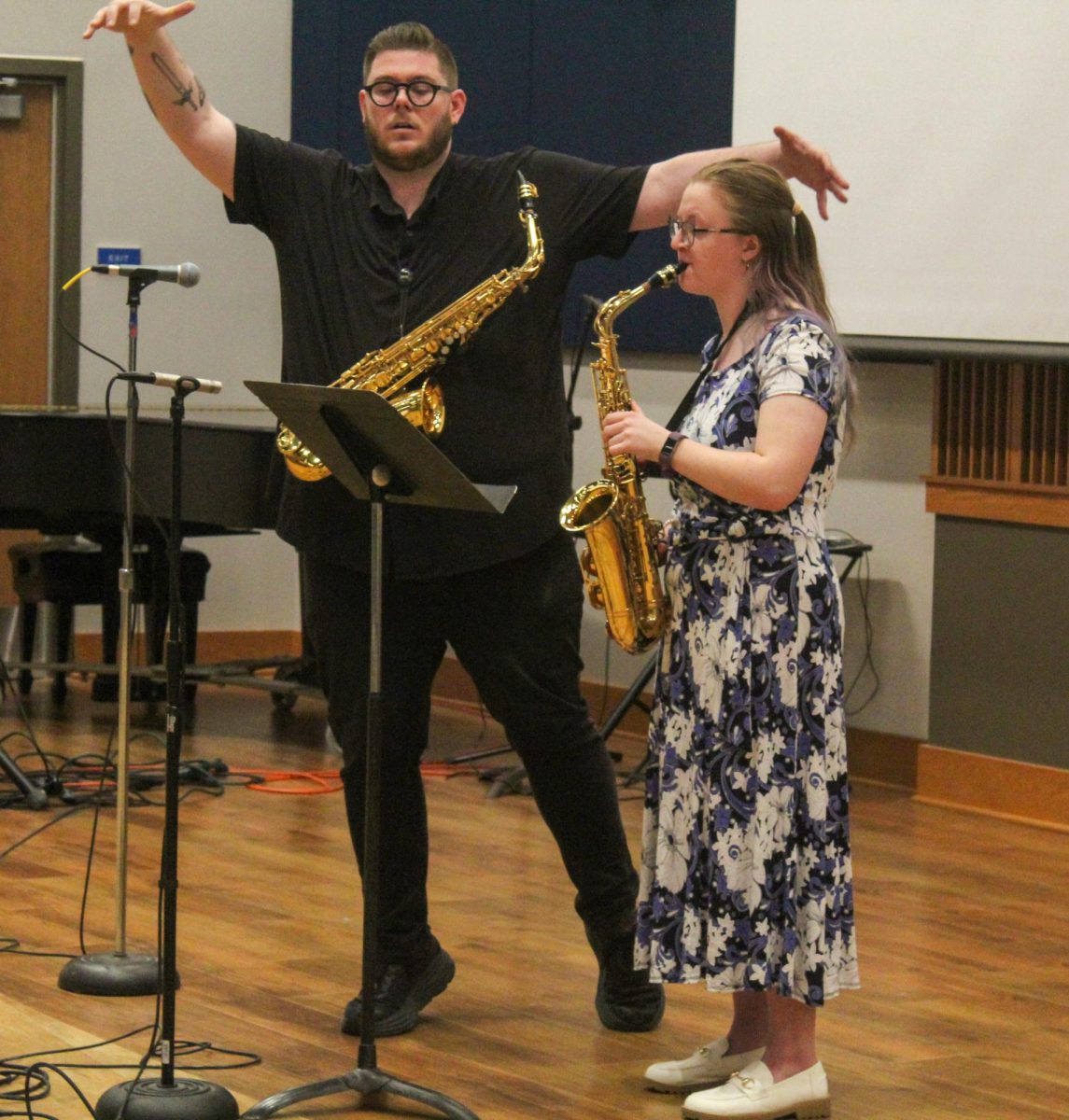As votes in key swing states trickle in, Augustana students share their thoughts on the 2020 election. This year differs from previous elections, even for first-time voters on campus, due to an influx of mail-in ballots and the campaign of an incumbent candidate.
Augustana, like most colleges, is a politically-aware campus. Students largely voted by absentee ballot and consequently struggled with postal issues, timing and slower ballot counting.
For many students who are first-time voters, the election exposed immediate problems that voters often experience. Annika Samuel, first-year, had trouble even registering to vote. “I had to register five times,” she said. “After my third attempt, my CAs mentioned talking to Kai Swanson. He helped me through the process and ended up driving me. I registered and did early voting right then and there.”
Even so, students who had no trouble registering faced lines and risked leaving campus to vote. ”I went to the WIU campus right by the river,” Gareth Kent, junior, said. “I actually saw a faculty member there when I was doing it. I went with a friend, and then we stood in a line for like 45 minutes and voted.”
While Illinois was called earlier in the race, students are waiting with the rest of the country on results to know the election’s outcome. “I trust that we’ll get it accurately in the end,” Joseph Marcet, senior and president of the Augustana College Republicans, said. “It might take a little while, so we’ll have to be patient.”
Other students are stressed about the outcome, having struggled with being politically active during a pandemic and turbulent political era.
“For a lot of people, their view on this election is ‘I can’t wait for it to be over,’ and I know that’s not good because it’s important,” Alyssa Twilbeck, junior and president of the Augustana College Democrats, said. “but the campaigning and the negativity are a lot this year.”
Unlike in previous years, students cannot volunteer to campaign door-to-door. Phone banking volunteering has also dropped, deterred by people not answering their phone and a lack of involvement in campaigning beyond social media action.
In addition to lower rates of student volunteering, many students have struggled with increased stress due to the election. “Political tensions have definitely been on the rise,” Kenaya Allen, first-year, said. “I feel a little uneasy as we get closer to the election.”
While students can avoid politics on campus to a degree, they can’t fully escape the election. Social media makes it nearly impossible for students to avoid politics around election time. From Instagram campaigns to relatives on Facebook pressuring you to agree with them, students are pulled in every direction regardless of their actual political involvement.
“I feel like I’ve been terminally online,” Andrew Cochrane, first-year, said. “I’m spending so much time going through Twitter and making sure our democracy hasn’t collapsed yet.” Social media is the largest source of information for students nearing the election.
According to junior Tatenda Nyoni, college students have plenty of concerns to address with their vote. They are in a complicated enough place during an election cycle, processing the present as well as life after college. “There are a lot of key issues, and the future of those issues rests on the result of this election,” Nyoni said.
The pandemic highlighted problems for other students. America’s COVID-19 response left many Americans feeling disillusioned about their government. The Senate passed the CARES act, providing a one time stimulus check to qualifying Americans in March and has not provided relief to American households since.
Most college students were ineligible for the stimulus package as they were claimed as dependents by their parents. As there was no second stimulus package released despite record unemployment, frustrations with the Senate grew nearing the election.
“It’s been stressful because just seeing how COVID-19 didn’t just happen in 2020, it’s been a pileup of a bunch of neglect from not only our people, but our healthcare and how we affect other countries,” Bella Perez, junior, said.
Dissatisfaction with President Trump’s first term brought many voting-age students into the political conversation at a key moment. “I just want something to change,” Jack Hughes first-year, said. Hughes came to Augustana to study environmental science, a growing concern among voters.
Neither candidate announced dedicated plans addressing climate change and green energy, with issues like fracking brought up during the debates. However, Biden’s acknowledgment of the severity of climate change attracted young voters.
As a demographic, college students are more likely to lean Democrat than Republican. Many younger voters, while supporting more progressive candidates, expressed that they settled for Biden in November. “We have a much better chance of returning back to normal with Biden,” Audre Lewis, first-year, said.
Matthew Degan, first-year, is a reluctant Biden voter like many college-age Americans. “It’s settle for Biden. It’s just not Trump, that’s literally it,” he said.
While Biden may not have been the preferred option for young, college aged voters, some are trying to find the upside for voting for a less progressive candidate. “For a more progressive agenda to be pushed, there needs to be a president who’s at least willing to listen to it,” Cochrane said.
Maria Wood, senior, grew to respect Biden over his campaign. “The more I’ve heard him speak, the more I’ve come to respect him as a politician,” she said. “I mean, he does what all politicians do. He sometimes dodges questions, he’s not necessarily the most straightforward. But he tries to speak with integrity, tries to actually talk to voters and hear what they say.”
Preference for Biden does not necessarily mean Augustana students didn’t vote for Trump, however. “I think there are more people than we realize that are more conservative and would vote for Trump,” Elena Haffner, first-year, said.
Political flags and signs in residence halls have created a tense environment on campus, largely driven by political displays in the days leading up to the election.
Protests are expected to take place across the country regardless of which candidate is elected. Currently, no protests are prepared for either candidate on-campus. “No matter what happens, there’s going to be a lot of craziness,” Lewis said.
As stress and tension continue to build between students on both sides of the political aisle, Augustana students can do nothing but wait for results.
Students grapple with election indecision
November 4, 2020
Leave a Comment
More to Discover


